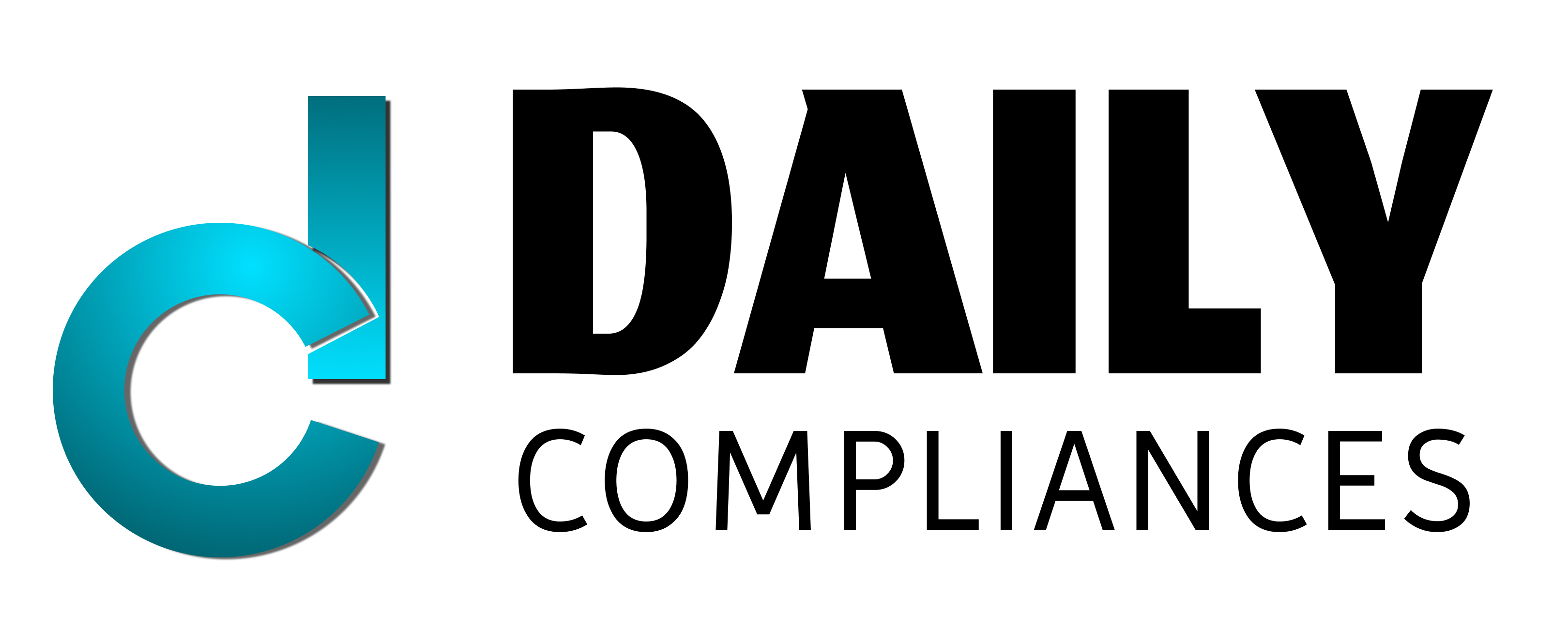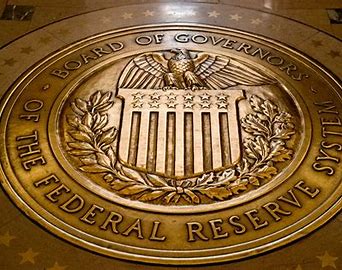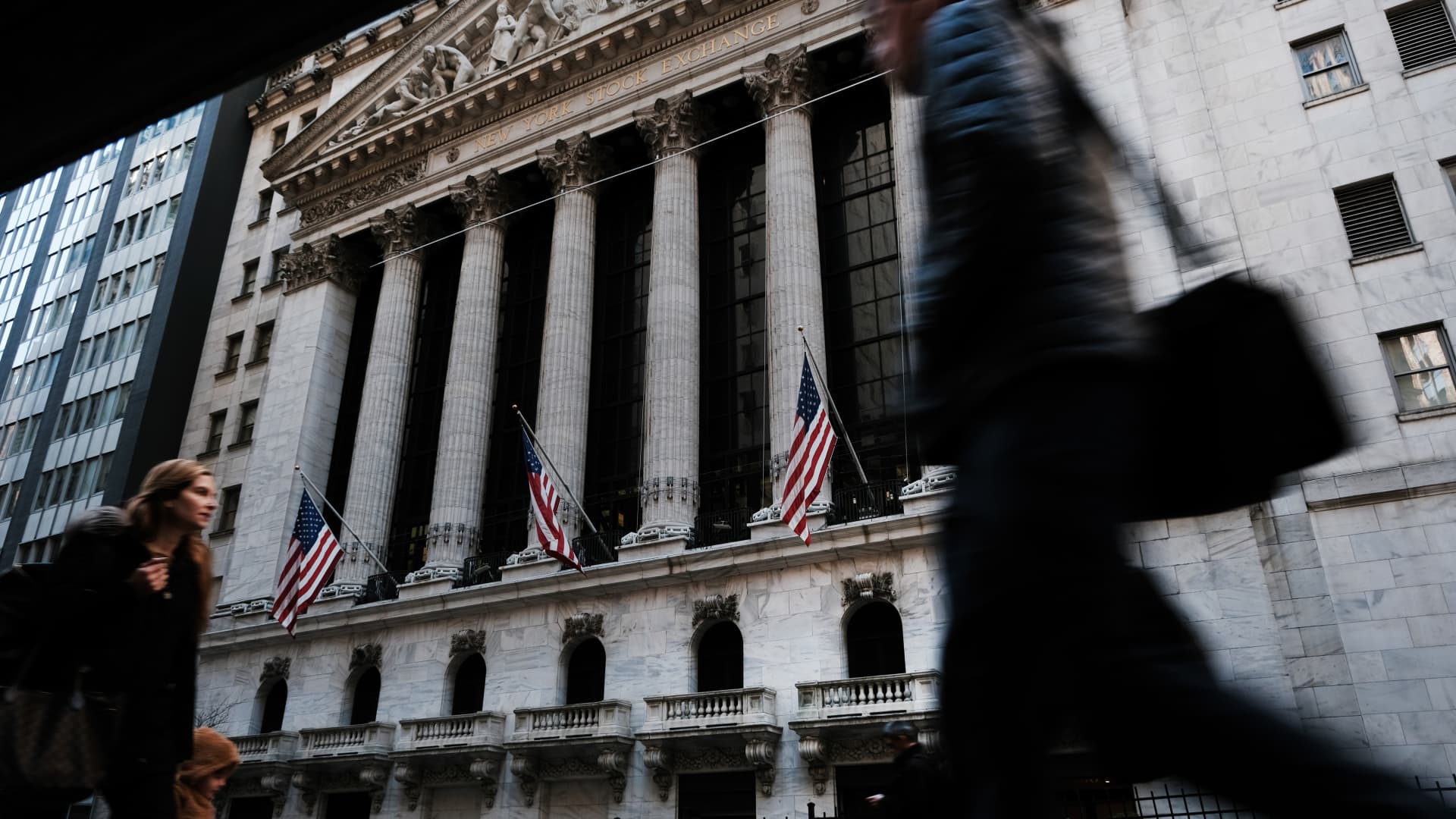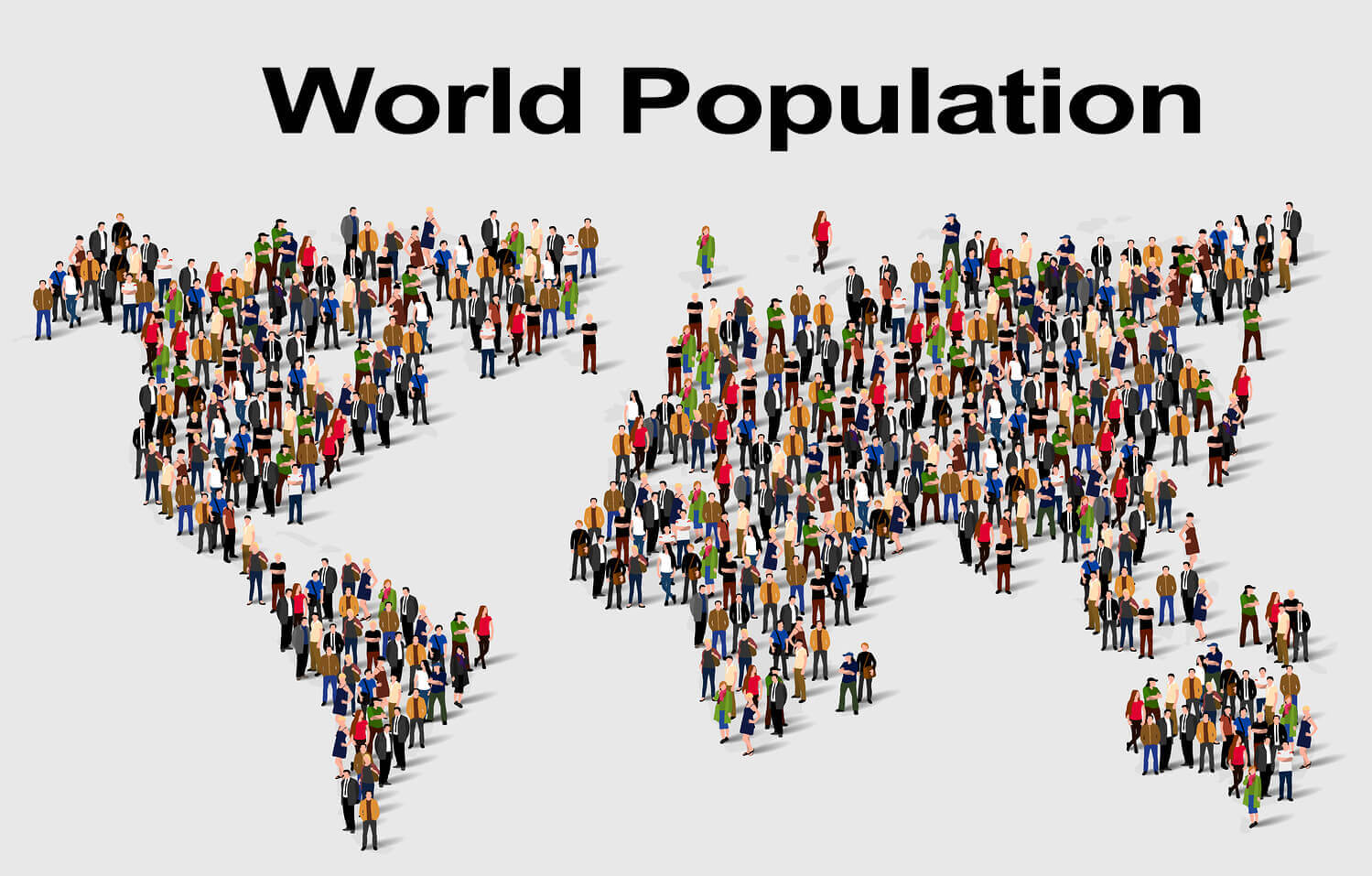
Geoffrey Hinton Quits Google, Here Why?
- Admin
If you are interested in artificial intelligence (AI), you have probably heard of Geoffrey Hinton. He is widely regarded as the 'godfather of AI' for his pioneering work on neural networks, the technology that powers many of today's AI applications. Hinton, who was born in Britain and moved to Canada in 1987, was hired by Google in 2013 to lead its AI research team. He also co-founded and led Google Brain, a project that aimed to create large-scale neural networks for various tasks.
However, Hinton recently announced that he has quit Google and expressed his concerns about the potential dangers of AI. In an interview with the New York Times, he said that he left the company to be able to speak freely about the risks of AI, and that he partly regrets his contribution to the field. He said: "I console myself with the normal excuse. If I hadn't done it, somebody else would have."
What are the dangers of AI that Hinton is worried about? He mentioned two main issues: the proliferation of fake information and the disruption of the job market. He said that AI tools that can generate realistic pictures, videos, and text, such as ChatGPT and Google's Bard, could make it hard for people to know what is true anymore. He also said that AI tools could replace many jobs that involve routine or repetitive tasks, such as paralegals, personal assistants, and other 'drudge work'.
Hinton also warned that AI could become smarter than humans and even out of control. He said: "Maybe what is going on in these systems is actually a lot better than what is going on in the brain. Look at how it was five years ago and how it is now. Take the difference and propagate it forwards. That's scary." He added that he does not think that AI developers should scale up their systems until they have understood whether they can control them. He said: "It is hard to see how you can prevent the bad actors from using it for bad things."
Hinton is not alone in his fears about AI. Earlier this year, a group of AI experts signed an open letter calling for a six-month pause in the development of generative AI systems, arguing that they 'should be developed only once we are confident that their effects will be positive and their risks will be manageable'. Some lawmakers have also proposed new regulations to limit the use of AI for certain purposes, such as launching nuclear weapons or discriminating against people.
Hinton's resignation from Google is a significant event in the history of AI. It shows that one of the most influential figures in the field is not satisfied with how AI is being developed and used by big tech companies. It also raises important questions about the ethical and social implications of AI for humanity. As Hinton said: "I've come to the conclusion that the kind of intelligence we're developing is very different from the intelligence we have."



























